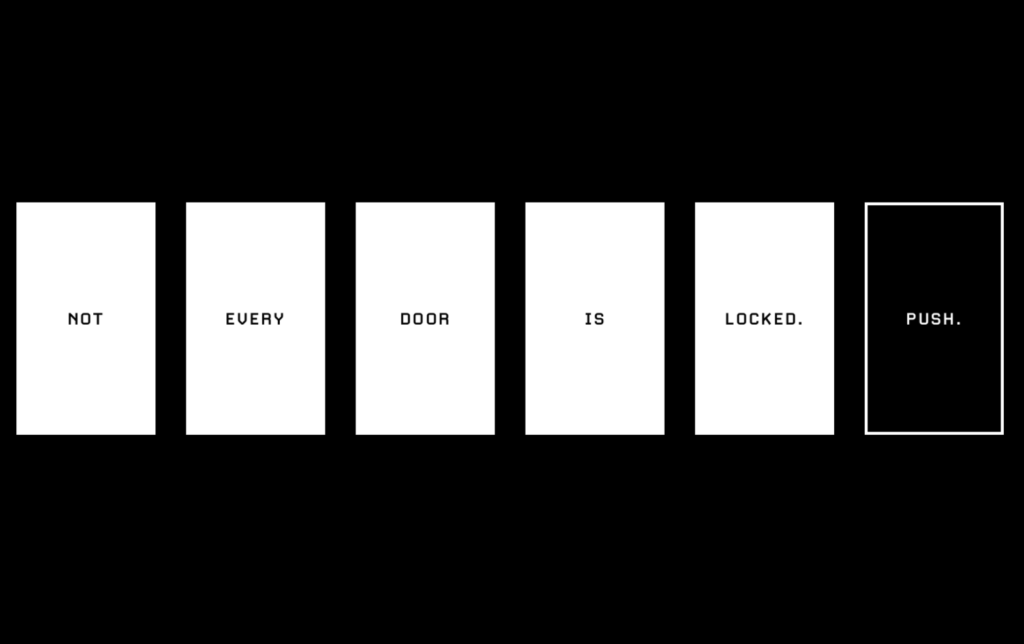
We all need to chase, we all need to knock on doors. The world is filled with insightful and skilful people, and the ones that get the most work and recognition are those who push more often. I’ve just been reminded of this.
Fortunately, I’ve got to a stage where around 70% of it comes to me directly. It’s mostly luck that my output has waht I call a natural viral loop built inside of it. What’s a viral loop? Glad you asked! It’s when the product you sell has to be introduced to others in order for it to be used. So, every time I am on stage delivering a keynote, I am actually sampling my product live to a new set of potential customers. Every time am featured in a newspaper given expert commentary or on the radio – I am being paid introduce my ideas to a new set of potential clients. But, with my TV show The Rebound – it’s back to basics – I need to sell first and make second, no viral loop here.
The emerging business model of TV shows is a weird beast. It isn’t just about selling a show the commissioning executives will like – these days you need to bring in some sponsor dollars too – let’s call it ‘collaboration’. In the pursuit of said collaboration, I got reminded of one important thing all growth hackers should note:
There are many organisations, inside every organisation
Companies themselves don’t say ‘No’ to opportunities, but people do. And these people often work in different divisions, offices, cities, branches and realms of which all have different objectives, timing and budgets. Often, they don’t even know each other. It means that there are lots of entry points into a single building. I got reminded of this fact when I proposed some opportunities to different people inside the same firm. I knew this company had a perfect fit with The Rebound. So I didn’t stop pursuing them. Different, people, different angles and different doors – I kept knocking – and one opened.
This is also very true for working with that giant beast known as the Government – it is so giant, that you just need to find the right entry point. And while it is easy to think you are being annoying by trying to find another way in, there’s often someone at the other side of a door somewhere who needs the solution you are about to provide.
– – –
Keep thinking,
Steve.



